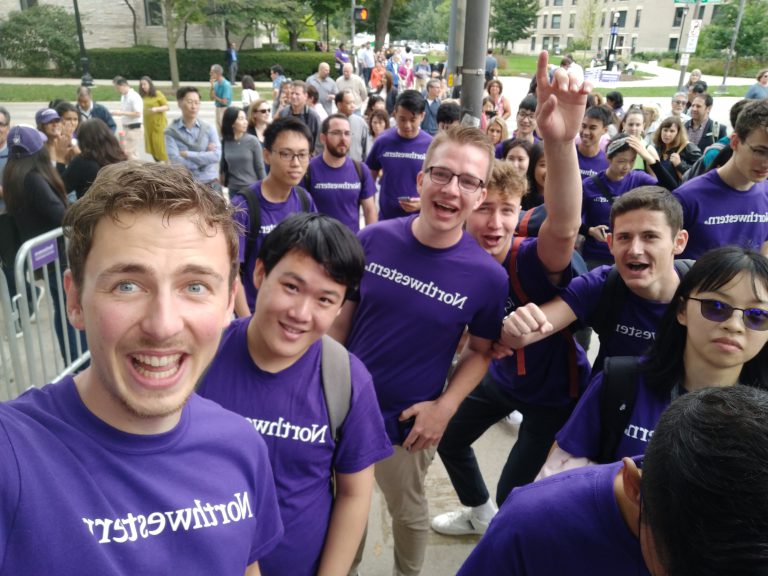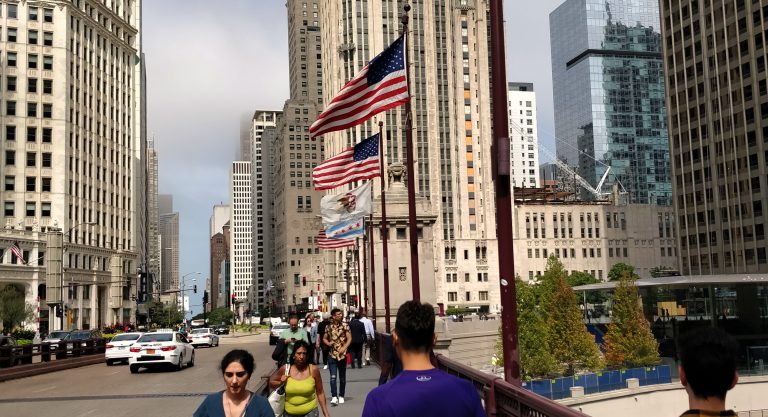How much do you assume?
When in a conversation, when coming to a new place?
And then, will you still talk about subjects that you assumed to be common knowledge?
As a self-declared open-minded person, you might answer “I try to assume the least possible”. That was the case for me. The United States has shown me a totally different perspective. I like to call it the “explicit perspective”.
Implicit societies
To outline what I mean by “explicit”, I want to start with the contrary. An implicit society, as I define it, is built upon a black box that tells people how to interact and how to think in general. No one ever questions what exactly this box is, where it is or what it contains. Newcomers to the black box society will have to play with it, push some buttons, be rewarded or punished until they know how it works. Leaders in such a community will rarely address what’s inside the box, more people are not even aware of it.
Let’s make this more concrete. I want to use the example of Austrian society, which I consider to be rather implicit. There are many unwritten rules that people usually obey to: How to address people (polite or casual, “Sie” or “du”), how to queue (forming a proper line is for losers – not at every event though) or how to talk about others (people are either “he” or “she”). Austrians will assume you know these rules and foreigners will have to use trial and error until they get a feeling for this system. This makes it harder to find your way into that society, but once you’re inside, there is almost a “secret identity”, a mutual understanding that makes people feel connected. “Implicit identity” if you will.
Another important characteristic are topics that are never talked about. These include the implicit rules of course. But there’s many more: The general public will rarely bring up implicit subjects like religion, gender, money or mental health. This is not just because people are conservative. Often, they see no need to talk about things that everyone seems to agree on. What’s more, members of implicit societies have little practise and are uncomfortable when it comes to unhabitual topics. There is little culture about getting out of your comfort zone in conversations and exploring the black box.
Welcome to the US
“Have you
been involved in genocide?” is one of the questions a US visa applicant must
answer.
If you want to play in Volleyball tournaments with the college team, you must
watch a video about concussion and answer 10 questions about it.
The student handbook of Northwestern University is 178 pages long and solely describes
how students are expected to act: With respect to academics, alcohol, sexuality
and whatever else concerns campus life.
A newcomer to the US is fed with information daily and is regularly forced to digest it. When reading these documents as an implicit citizen, I was stunned up to which level of detail codes of conduct could be written. Nothing seems to be assumed – particularly not your identity. My favorite example are pronouns: When presenting yourself to someone, you don’t just say your name and what you’re studying. You mention how people should call you – “he, him, his” in my case. Americans have identified this as an explicit way to avoid assuming other’s gender.
During the welcome
week on campus something called “True Northwestern Dialogues” took place. It
consists of four sessions where people are confronted with topics like mental
health or diversity and then should talk about them. As an exchange
student, I was not part of them, unfortunately. Still, I managed to sneak into the
dialogue about sexual harassment. It started with a theatre play that addressed
the question of how to flirt, how to agree on intimate steps taken together and
how to live one’s sexuality without hurting others. Flirting explicitly, how should
that work? Is that not a highly implicit activity?
The main point is that Northwestern brings
up these topics, just like US citizens bring up “black box topics”
more frequently than my fellows back home in their conversations.
I have now registered for a program called “Sustained Dialogue” where I meet a small group of people every week to have a, well, dialogue. The subject is identity, in all its aspects. In the end, we should spread the word of our learnings on campus and take action to make people more aware of the subject. There will quite surely be a blog post about this in the future. For now, this should be another example of students here trying to “explicify” the already tiny American black box.
How plicit should we be?
I want to be explicit about my intention in this post: To analyze and not to judge the mentioned differences in societies. There are advantages as well as downsides to both systems, and they are often subjective. Personally, I appreciate that implicit societies have trust in basic human intuition. Seeing a doctor after I knock my head hard against a glass door seems like a natural thing to me.
On the other hand, there is an innovative, exciting touch to the explicit society as I perceive it. Talking about uncomfortable topics broadens people’s horizons. It makes societies more accessible, more flexible and more dynamic. This is one aspect I appreciate a lot about my time in the US. Not only do I get to experience it, but I will also be able to take home some parts of the explicit culture.







